
London vs Manchester: Which City Offers Better Value for Savvy Travelers in 2025?
London and Manchester stand as two of England’s most iconic cities, each with its own distinct character and charm. While London offers world-famous landmarks and endless entertainment as England’s massive capital city, Manchester provides a more authentic, budget-friendly experience with its rich industrial heritage and thriving music scene.
These northern and southern powerhouses showcase different sides of English culture. London dazzles visitors with royal palaces and West End shows, while Manchester charms them with friendly locals and creative energy. The choice between them often comes down to what type of English city experience you want – the bustling global metropolis or the more laid-back cultural hub.
Life moves at different speeds in these cities. London’s fast-paced lifestyle and higher costs reflect its status as a major economic center. Manchester takes things slower, with lower living costs and a strong sense of community that makes visitors feel at home right away.
Contents
- Historical Significance
- London’s Rich Past
- Manchester’s Industrial Roots
- Cultural Comparison
- Diverse Scenes in London
- Manchester’s Music and Arts
- Economic Opportunities
- London’s Financial Landscape
- Manchester’s Modern Growth
- Cost of Living Analysis
- Living Expenses in London
- Affordability in Manchester
- Educational Institutions
- Academic Standing of London
- University of Manchester’s Prestige
- Transportation and Infrastructure
- Navigating Through London
- Infrastructure in Manchester
- Quality of Life Factors
- London’s Living Standards
- Quality of Life in Manchester
- Entertainment and Leisure
- London’s Attractions
- Manchester’s Vibrant Life
- Accommodation Options
- Housing in London
- Manchester’s Living Spaces
- Frequently Asked Questions
- What are the main differences in the cost of living between London and Manchester?
- How do the job markets and average salaries in London and Manchester compare?
- Can you discuss the climate variances between London and Manchester throughout the year?
- In terms of size and population, how do London and Manchester differ?
- What should someone consider when deciding whether to live in London or Manchester?
- What cultural and lifestyle contrasts exist between London and Manchester?
- More Travel Guides
Historical Significance
Both London and Manchester shaped British history in distinct ways. These two cities left lasting marks through politics, culture, and industry that continue to influence modern Britain.
London’s Rich Past
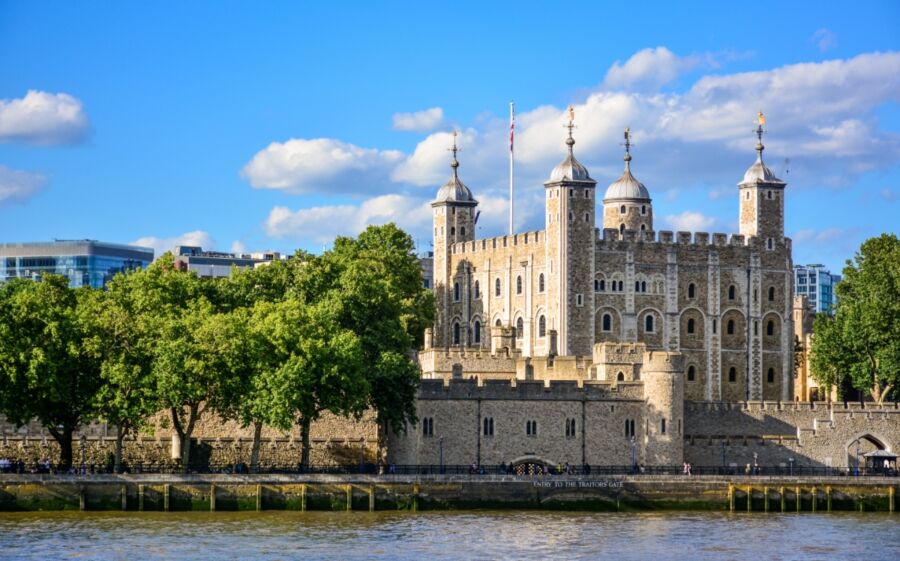
The city began as a Roman settlement called Londinium in 43 AD. From those ancient roots, London grew into the heart of British power and royalty. Westminster Abbey, built in 1245, hosted countless royal coronations and weddings that defined the monarchy.
The Great Fire of 1666 destroyed much of medieval London but led to its rebirth. The rebuilt city featured St Paul’s Cathedral and other architectural gems that still stand today. The Tower of London protected the crown jewels and served as both palace and prison through the centuries.
Manchester’s Industrial Roots
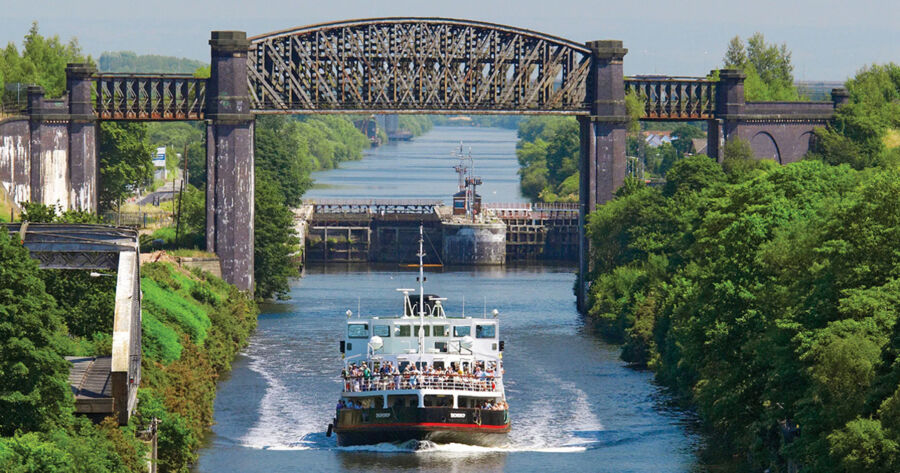
Manchester sparked major changes that affected the whole world. The city led the Industrial Revolution in the late 1700s when its textile mills transformed manufacturing forever. Steam power and new machines made Manchester the world’s first industrial city.
The Manchester Ship Canal in 1894 linked the city to global trade. Its factories and warehouses brought jobs and growth that built modern Manchester. Many of these old industrial buildings now house shops, offices and homes.
The city pioneered workers’ rights and political reform. The Peterloo Massacre of 1819 pushed Britain toward democracy. Manchester’s radical spirit lives on in its music, art and culture today.
Cultural Comparison
Both cities offer unique cultural experiences that reflect their distinct identities. London sparkles with world-famous museums and diverse art scenes, while Manchester’s creative spirit shines through its music legacy and trendy arts venues.
Diverse Scenes in London
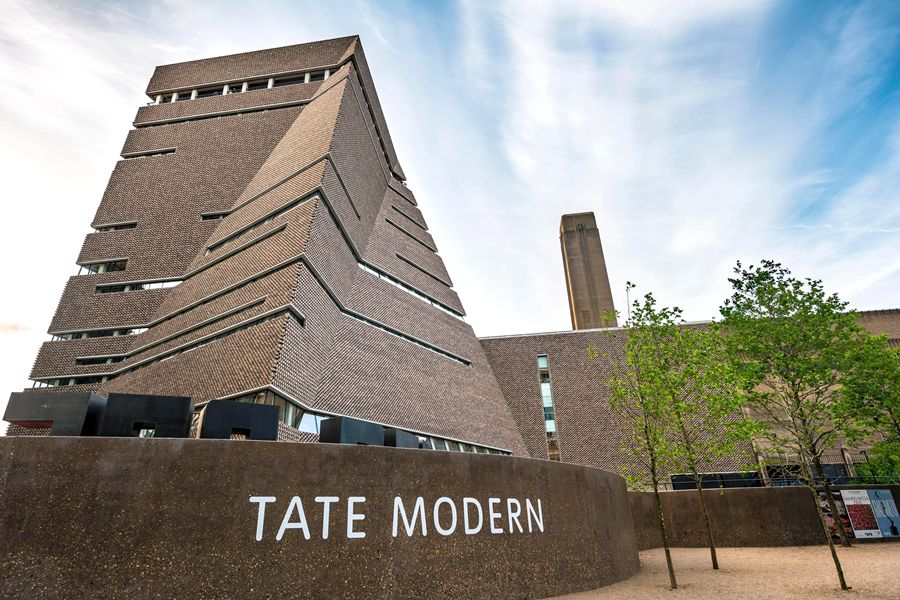
London’s cultural landscape bursts with over 170 museums, including the famous British Museum and Tate Modern. Entry to many major museums is free, making art and history accessible to everyone.
The West End theater district puts on spectacular shows every night. From Shakespeare’s Globe to modern venues like the O2 Arena, performers take the stage across 230+ theaters.
The city’s neighborhoods each bring their own cultural flair. Shoreditch hosts street art tours and indie galleries. Brick Lane comes alive with curry houses and vintage markets. Camden rocks with alternative music venues and quirky shops.
Manchester’s Music and Arts
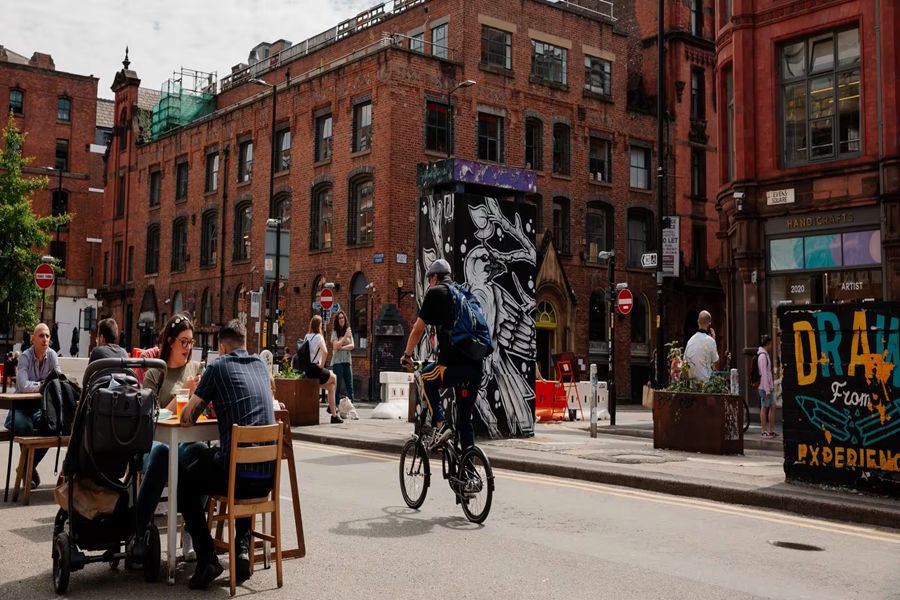
Manchester’s music scene shaped British pop culture through legendary bands like Oasis, The Smiths, and Joy Division. The city still pulses with live music at iconic venues like Band on the Wall and Albert Hall.
The Northern Quarter stands out as the creative heart, packed with indie galleries, record shops, and street art. HOME arts center screens indie films and hosts theater shows.
The city takes pride in its industrial heritage through places like the Science and Industry Museum. The Manchester Art Gallery houses impressive pre-Raphaelite works alongside contemporary exhibitions.
The yearly Manchester International Festival brings cutting-edge performances and installations to unexpected spaces across the city.
Economic Opportunities
Both cities offer distinct paths for career growth and business development, with London’s established financial sector and Manchester’s emerging tech scene creating unique employment landscapes.
London’s Financial Landscape
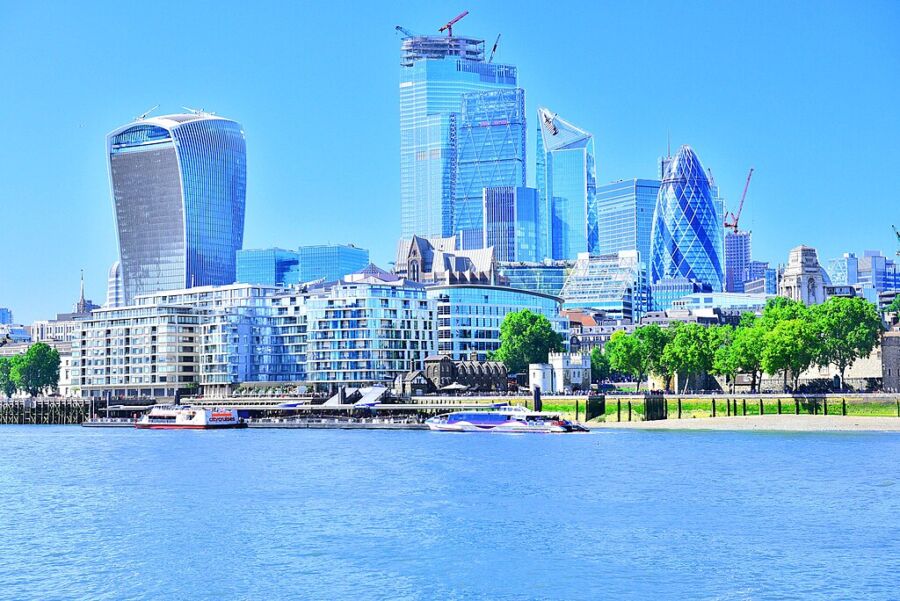
London stands as Europe’s financial powerhouse, with over 500,000 jobs in banking and finance. The Square Mile hosts global banks, investment firms, and insurance giants that bring top-tier jobs and competitive salaries.
The city attracts international talent and offers roles across fintech, consulting, and professional services. Entry-level salaries in London’s financial sector average £45,000, while experienced professionals can earn £100,000+.
Tech startups cluster in East London’s Silicon Roundabout, creating new jobs in artificial intelligence, blockchain, and digital marketing.
Manchester’s Modern Growth
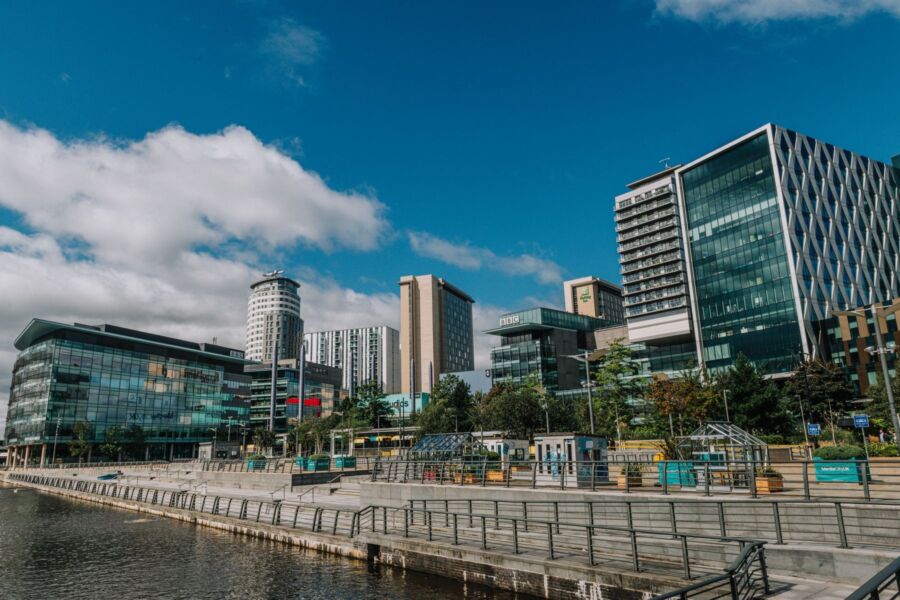
Manchester’s job market has transformed from its industrial roots into a vibrant tech and digital hub. The city’s MediaCityUK houses BBC, ITV, and tech companies, creating thousands of media and digital jobs.
The Northern Quarter buzzes with startups and creative agencies. Tech jobs in Manchester have grown 277% since 2018, with average salaries around £35,000.
Living costs are 40% lower than London, making Manchester attractive for young professionals. Major employers like Amazon, Google, and Booking.com have opened offices here, bringing new opportunities.
The city’s universities partner with businesses to create job pathways in science, research, and innovation.
Cost of Living Analysis
Living costs differ significantly between these two major English cities, with Manchester offering substantial savings across housing, food, and daily expenses compared to London’s premium prices.
Living Expenses in London
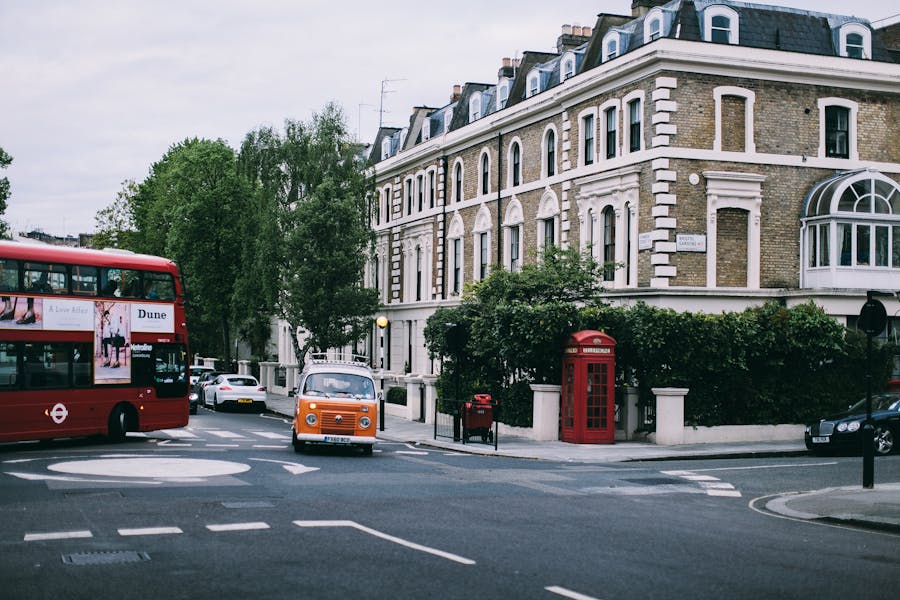
Life in London comes with hefty price tags. A one-bedroom flat in the city costs around £1,688 monthly, making housing the biggest expense.
Basic living costs add up fast. A lunch in the business district runs about £16, while groceries and transport push monthly expenses even higher.
Many people need to earn at least £6,700 monthly to maintain a comfortable lifestyle in London. The high salaries in London help offset costs, but the average person’s pay only covers about 1.4 months of expenses at a time.
Affordability in Manchester
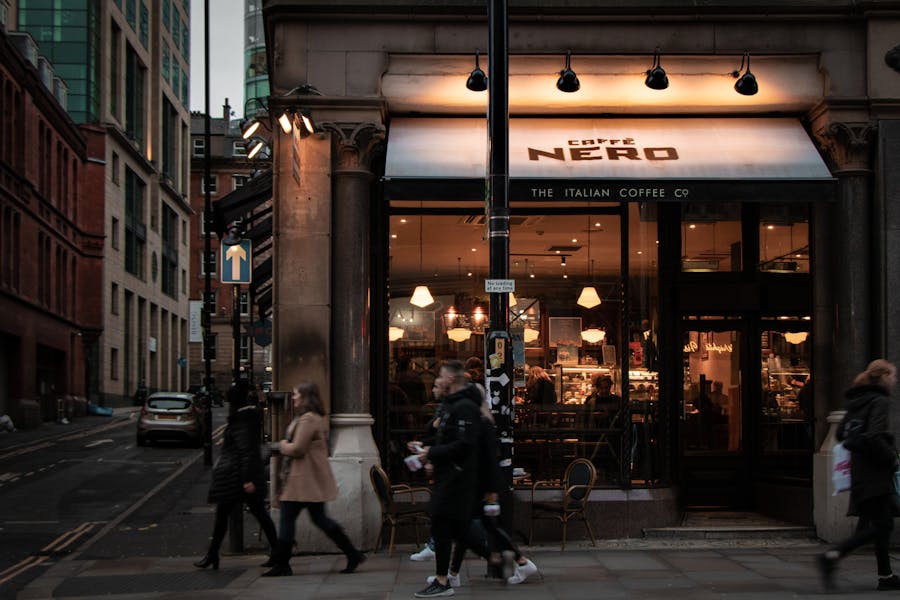
Manchester presents a much friendlier cost profile. Rent for a one-bedroom flat averages £706 – less than half of London prices.
A business district lunch costs around £14, just a bit less than London. The real savings come from lower housing and transport costs.
Living expenses in Manchester run about 36% cheaper than London. Someone would need £4,677 in Manchester to match a £6,700 London lifestyle. Your money stretches further here, with average salaries covering 1.5 months of expenses compared to London’s 1.4 months.
Educational Institutions
London and Manchester both host world-class universities that shape the academic landscape of the UK. These institutions attract top students and researchers from around the globe.
Academic Standing of London
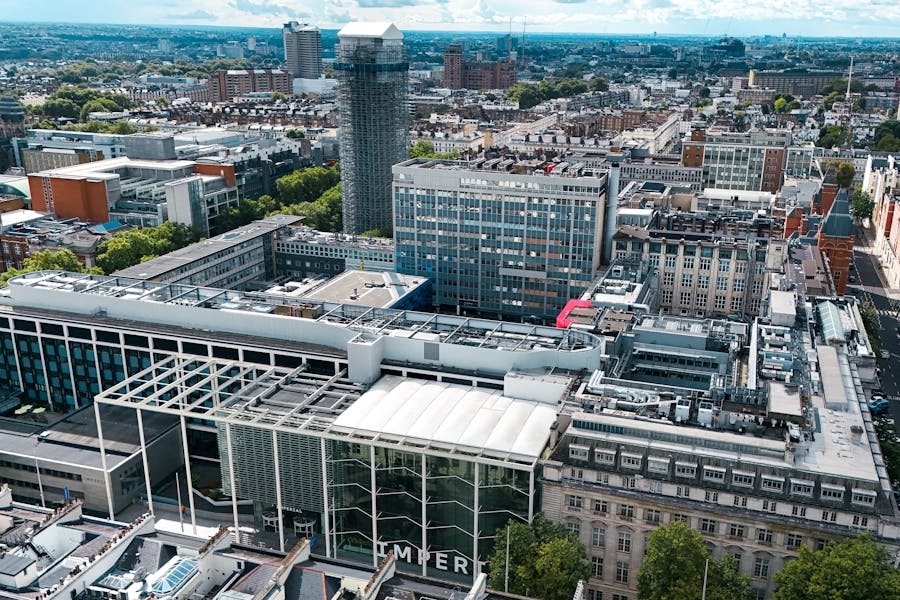
London’s universities rank among the world’s finest educational centers. Imperial College London specializes in science, engineering, and medicine, consistently placing in the global top 10. King’s College London excels in humanities and health sciences, making it a top choice for international students.
London’s universities benefit from their location in one of the world’s major financial hubs. This creates unique opportunities for internships and research partnerships with leading companies.
The city’s universities maintain strong ties to industry leaders. Students often secure valuable work experience while studying.
University of Manchester’s Prestige

The University of Manchester stands as the largest single-site university in the UK. It boasts 25 Nobel Prize winners among its current and former staff and students.
The university’s research output ranks among the highest in Britain. Its science and engineering programs draw praise worldwide.
Manchester’s student community brings a unique energy to the city. The more affordable cost of living lets students focus on their studies without the financial pressures of London.
The university’s industrial partnerships create strong job prospects for graduates. Many students find work with major companies in the North West.
Transportation and Infrastructure
Getting around these two major cities requires different approaches, with London’s extensive public transport network serving millions daily while Manchester offers more affordable and steadily improving options.
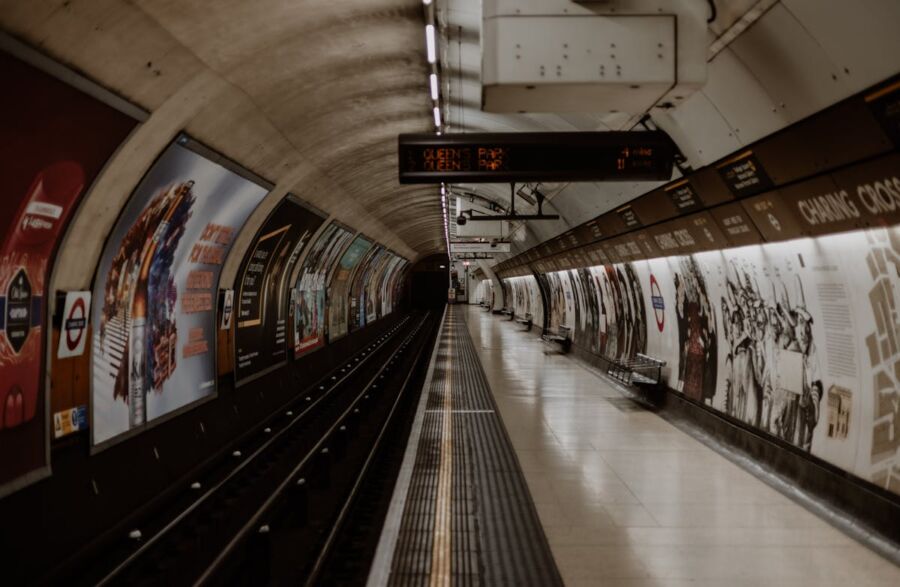
The London Underground serves as the backbone of the city’s transport system, with 11 lines connecting all major areas. The iconic red double-decker buses fill gaps between Tube stations, running 24/7 on many routes.
London has excellent rail connections to other UK cities through six major stations. Heathrow, Gatwick, and Stansted airports link London to global destinations.
The Oyster card system makes payments simple across all transport types. A monthly pass costs more than in most UK cities, reflecting London’s higher living costs.
Cycling infrastructure keeps improving, with dedicated lanes and bike-sharing schemes available throughout the city.
Infrastructure in Manchester
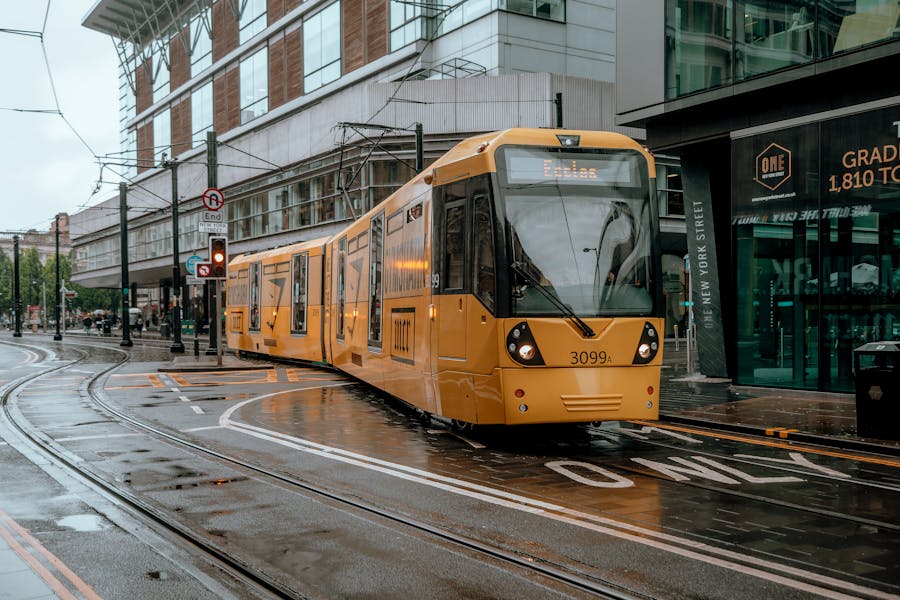
Manchester’s tram network, the Metrolink, connects the city center to key suburbs and employment hubs. It’s the largest tram system in the UK, with 8 lines covering major routes.
The bus network offers good coverage at lower prices than London. Most areas are within walking distance of a bus stop or tram station.
Manchester Airport serves as the main gateway to northern England, offering flights to 200+ destinations.
The city is investing heavily in cycle lanes and pedestrian areas. New walking routes connect popular spots, making car-free travel easier.
Train services run frequently to nearby cities like Liverpool and Leeds, with direct routes to London taking just over 2 hours.
Quality of Life Factors
Living standards differ greatly between London and Manchester, with each city offering unique benefits. The cost of living, safety, and access to amenities play key roles in determining quality of life in these major UK cities.
London’s Living Standards
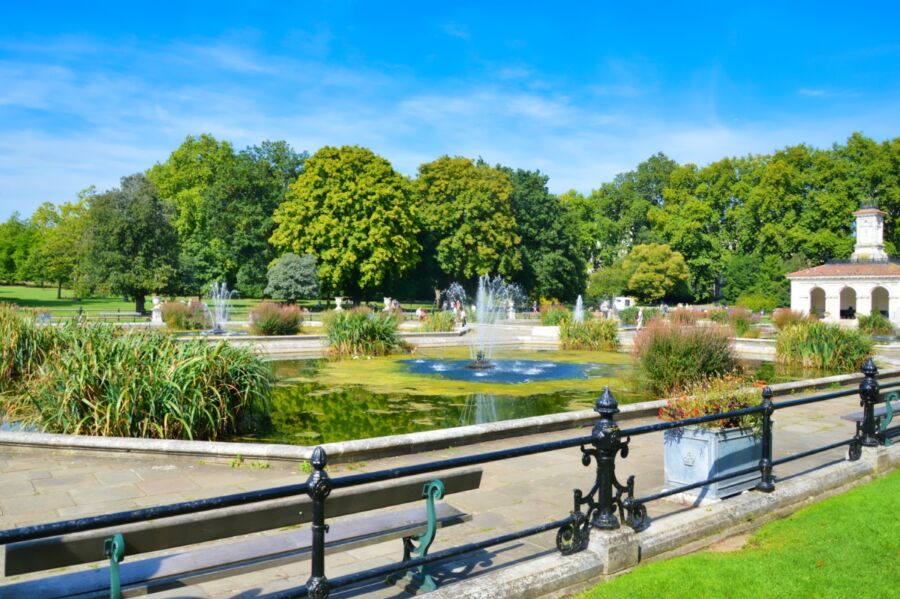
Life in London brings excellent healthcare access through major hospitals and specialist clinics. The city has top-rated schools and universities for families seeking education options.
Safety varies by neighborhood. Central areas see more tourist-related crime, while residential zones tend to be quieter and safer.
Green spaces like Hyde Park and Hampstead Heath provide places to relax and exercise. Cultural attractions are endless, from world-class museums to theaters.
The main challenge is the high cost of living. A one-bedroom flat costs around £1,700 monthly – more than double Manchester’s rates. Daily expenses like food and transport also cost more.
Quality of Life in Manchester
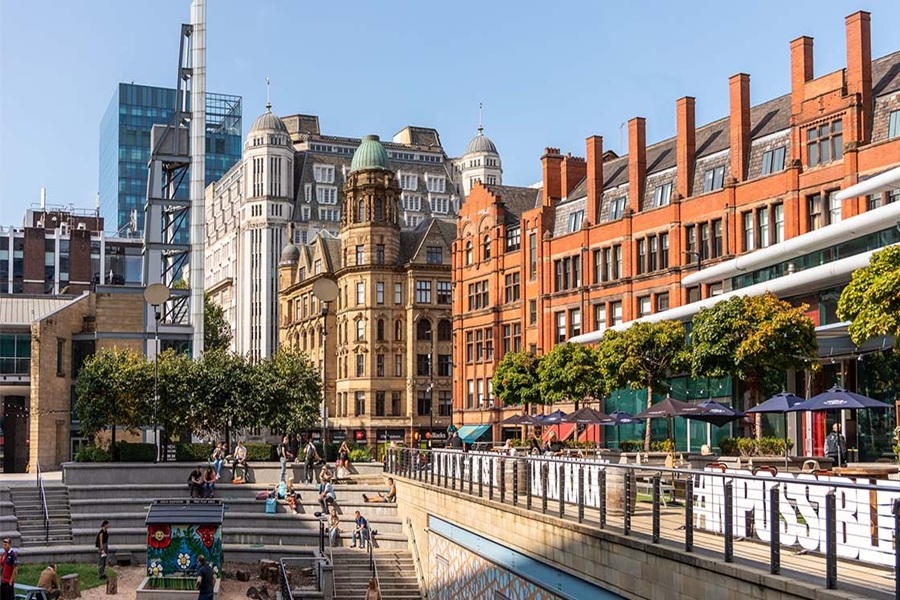
Manchester offers a more relaxed pace of life with shorter commute times. The compact city center makes it easy to walk or cycle between work, shops, and entertainment.
Housing costs about 23% less than London. A one-bedroom flat averages £780 per month. Food, transport, and entertainment are also cheaper.
The city scores higher on quality of life indexes than London. The Numbeo index gives Manchester 153.60 compared to London’s 130.81.
Healthcare access is good with several major hospitals. The crime rate is lower than London’s, especially for petty crime and theft.
Green spaces like Heaton Park provide outdoor recreation. Cultural life thrives with museums, music venues, and sports facilities that are less crowded than London’s.
Entertainment and Leisure
Both cities offer amazing entertainment options, from world-famous attractions to exciting nightlife scenes that cater to different tastes and interests.
London’s Attractions

The city dazzles with iconic landmarks like book tours and attractions at Buckingham Palace, where visitors can watch the famous Changing of the Guard ceremony.
The London Eye gives breathtaking views across the city skyline, especially magical at sunset. This massive observation wheel has become one of the most photographed spots in London.
The West End theater district brings Broadway-quality shows at more affordable prices. Popular musicals and plays run year-round in beautiful historic venues.
Covent Garden buzzes with street performers, boutique shopping, and countless restaurants. The covered market area makes a perfect spot for entertainment even on rainy days.
Manchester’s Vibrant Life
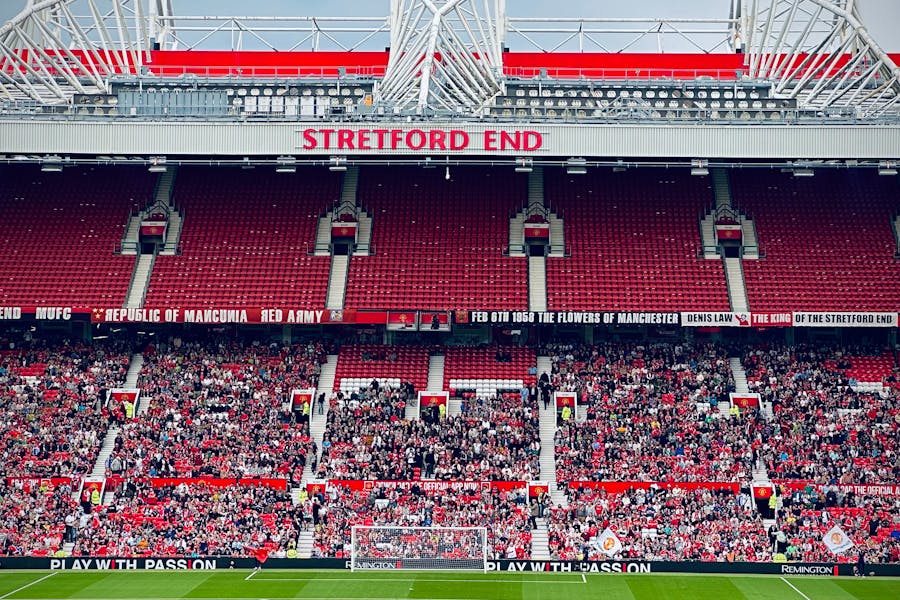
The Northern Quarter stands out as Manchester’s creative hub, packed with indie shops, street art, and quirky cafes. Its vintage stores and record shops attract young crowds looking for unique finds.
Old Trafford Stadium, home to Manchester United, offers exciting match-day experiences and behind-the-scenes stadium tours. Even non-football fans appreciate the electric atmosphere.
The city’s music scene thrives in intimate venues like Band on the Wall and larger arenas hosting international acts. Many famous British bands started their careers in Manchester’s pubs.
Canal Street glows at night as the heart of Manchester’s LGBTQ+ scene, with lively bars and clubs staying open into the early hours.
Accommodation Options
Housing costs present stark differences between these two major English cities. The real estate and rental markets show significant price gaps that can affect daily life and budgets.
Housing in London
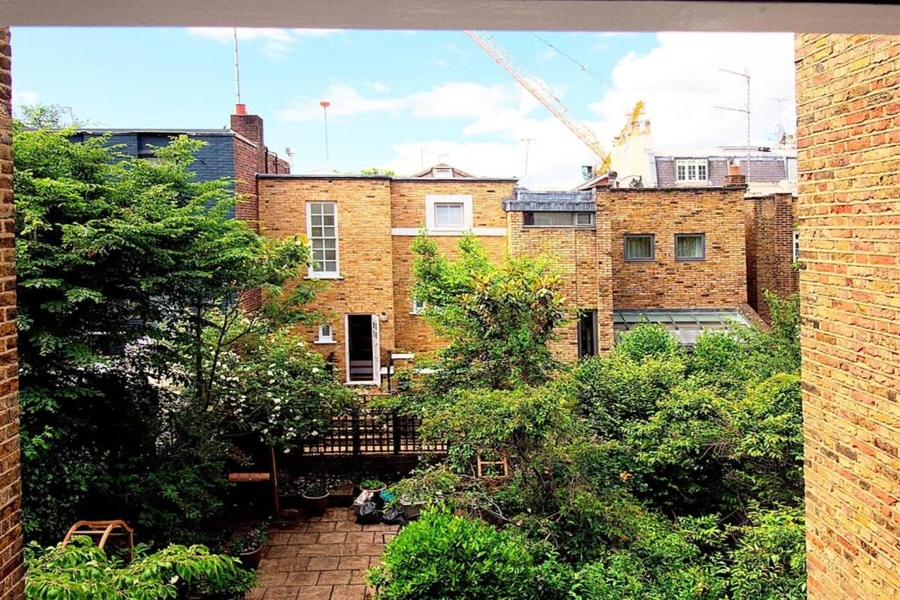
London’s housing market brings high prices across all areas. A one-bedroom flat in central London costs £1,800-2,500 per month to rent. Outer zones offer more affordable options, with prices around £1,200-1,600.
House prices in London hit record levels. The average home costs £500,000 or more in most areas. Small studio flats start at £300,000.
Space comes at a premium in London. Most people live in flats rather than houses. Gardens and parking spots are rare luxuries.
Manchester’s Living Spaces
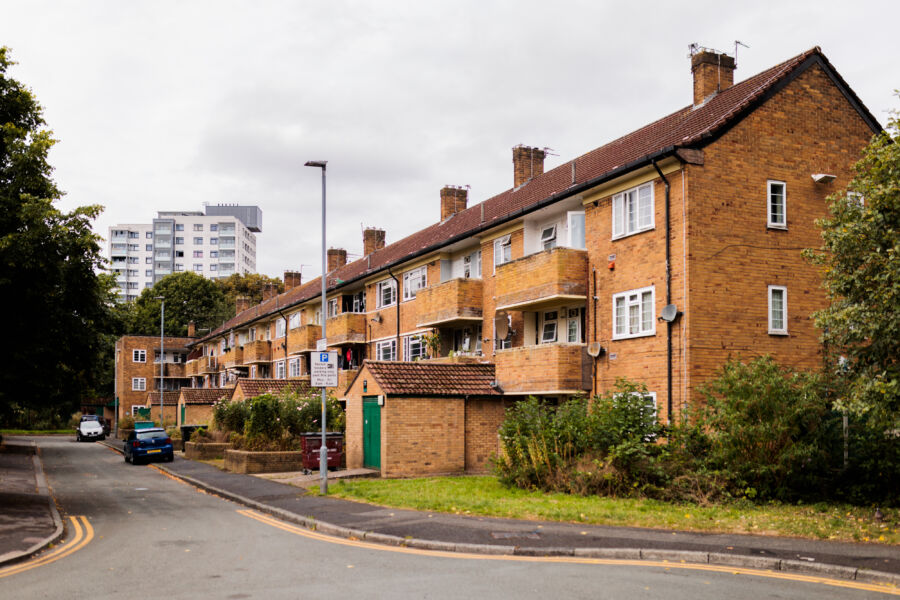
Manchester provides more value for money in housing. Monthly rent for a one-bedroom flat in the city center ranges from £800-1,200. Areas like Salford and Didsbury offer good alternatives at £650-900.
Property buyers find better deals in Manchester. The average house price sits around £200,000. New developments spring up regularly, adding modern living options.
Living spaces tend to be larger in Manchester. Houses with gardens are common, even near the center. The city offers more choice between apartments and traditional homes.
Many young professionals choose Manchester for its mix of affordable rent and good-sized homes. New building projects keep expanding the housing options.
Frequently Asked Questions
Life in London and Manchester differs greatly in terms of living costs, job opportunities, and cultural experiences. Each city brings unique advantages for different types of people and lifestyles.
What are the main differences in the cost of living between London and Manchester?
Living costs in Manchester run about 32% lower than London. Rent makes up the biggest difference between the two cities.
A one-bedroom flat in central Manchester costs between £650-800 per month. The same type of flat in London averages £1,688 monthly.
Food, transport, and entertainment also cost less in Manchester. People can save money on daily expenses like groceries, restaurant meals, and public transit.
How do the job markets and average salaries in London and Manchester compare?
London offers more job openings and higher average salaries across most industries. The city serves as the UK’s main business hub, especially for finance and tech.
Manchester’s job market has grown fast in recent years. The city attracts many companies with its lower operating costs and skilled workforce.
Salaries tend to balance out when considering the lower living costs in Manchester. Many people find their money goes further there despite earning less than in London.
Can you discuss the climate variances between London and Manchester throughout the year?
Manchester gets more rain than London, with about 140 rainy days per year. The city sees cooler summers and milder winters than the capital.
London enjoys slightly warmer temperatures year-round. The city benefits from less rainfall and more sunny days than Manchester.
In terms of size and population, how do London and Manchester differ?
Manchester ranks as the UK’s third-largest urban area with around 2.7 million people. The city covers a much smaller area than London.
London dwarfs Manchester with over 9 million residents. The capital spreads across 1,572 square kilometers compared to Manchester’s more compact size.
What should someone consider when deciding whether to live in London or Manchester?
Budget plays a big role – Manchester offers much more affordable housing and daily expenses. Career goals matter too, as London provides more job choices in certain fields.
Lifestyle preferences affect the decision. Manchester gives a more laid-back city experience, while London offers non-stop activity and entertainment.
The commute makes a difference too. Manchester’s smaller size means shorter travel times, while London often requires longer journeys between home and work.
What cultural and lifestyle contrasts exist between London and Manchester?
Manchester takes pride in its working-class roots and friendly northern culture. The city has a strong music scene and passionate football culture.
London brings together many different cultures and communities. The capital offers endless museums, theaters, and cultural events.
Manchester’s smaller size creates a stronger sense of community. People often find it easier to make friends and feel at home compared to London’s fast-paced environment.



